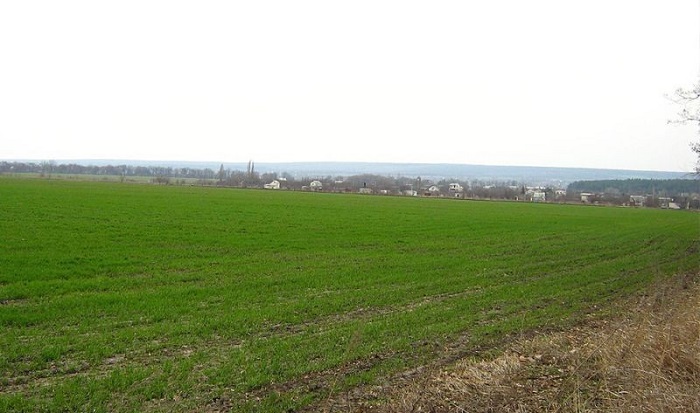With the support of various UN structural agencies, Turkmenistan is involved in the implementation of multi–country long-term projects in various agroecological areas: protection of grain from locusts, development of aquaculture, camel farming, ecosystem support and natural solutions in agriculture to enhance the resilience of biodiversity and agricultural production to the effects of climate change, rational use of land and water resources, agricultural production on saline landscapes, etc.
One such project, set to commence in 2025, will focus on implementing measures within Lebap Velayat, a region that forms part of the Turkmen Aral Sea area.
The project is part of a broader initiative that also covers other Central Asian countries and is aimed at fulfilling international commitments on climate protection, biodiversity and combating desertification.
The project provides for several areas of activity for which specific measures will be implemented:
• Improvement of technical expertise in the field of land and water use, as well as forestry.
• Development and dissemination of communication materials for local farmers in an understandable and accessible format.
• Equipping soil laboratories with modern equipment, as well as training staff to work with it.
• Installation of smart equipment for irrigation and drainage systems using digital technologies.
• Integration of climate-resilient agro- and nature-transforming practices into the agro-industrial complex, including elements of low-carbon agriculture and the issuance of “carbon certificates”.
The project also includes measures to improve the condition of farmland and the natural environment in two types of landscapes, including territories adjacent to conservation areas and the Amu Darya basin.
These measures include monitoring the level of water stress in agricultural crops, temperature and precipitation dynamics over the past hundred years for analysis and forecasting, maintaining soil humus levels through organic fertilization, combating secondary salinization using precision and contour farming, mulching and cutting furrows.
The project intends to promote beekeeping and other applied areas of agricultural activity.
Reforestation and land restoration works will begin at the experimental sites with the efforts on strengthening the tugai vegetation cover, improving the phytomeliorative condition of the lands, reducing salinization of land.
Within the framework of the project, young specialists will be able to improve their skills abroad. The topics and methods of training will be determined taking into account the needs of the local market, traditions of agriculture and water management.
The project will be implemented with the support of FAO and the Global Environment Facility. The main goal of the project is to create positive changes in the natural environment and ensure sustainable agricultural production in a changing climate. ///nCa, 10 January 2025 (photo credit – Jeyhun News)
